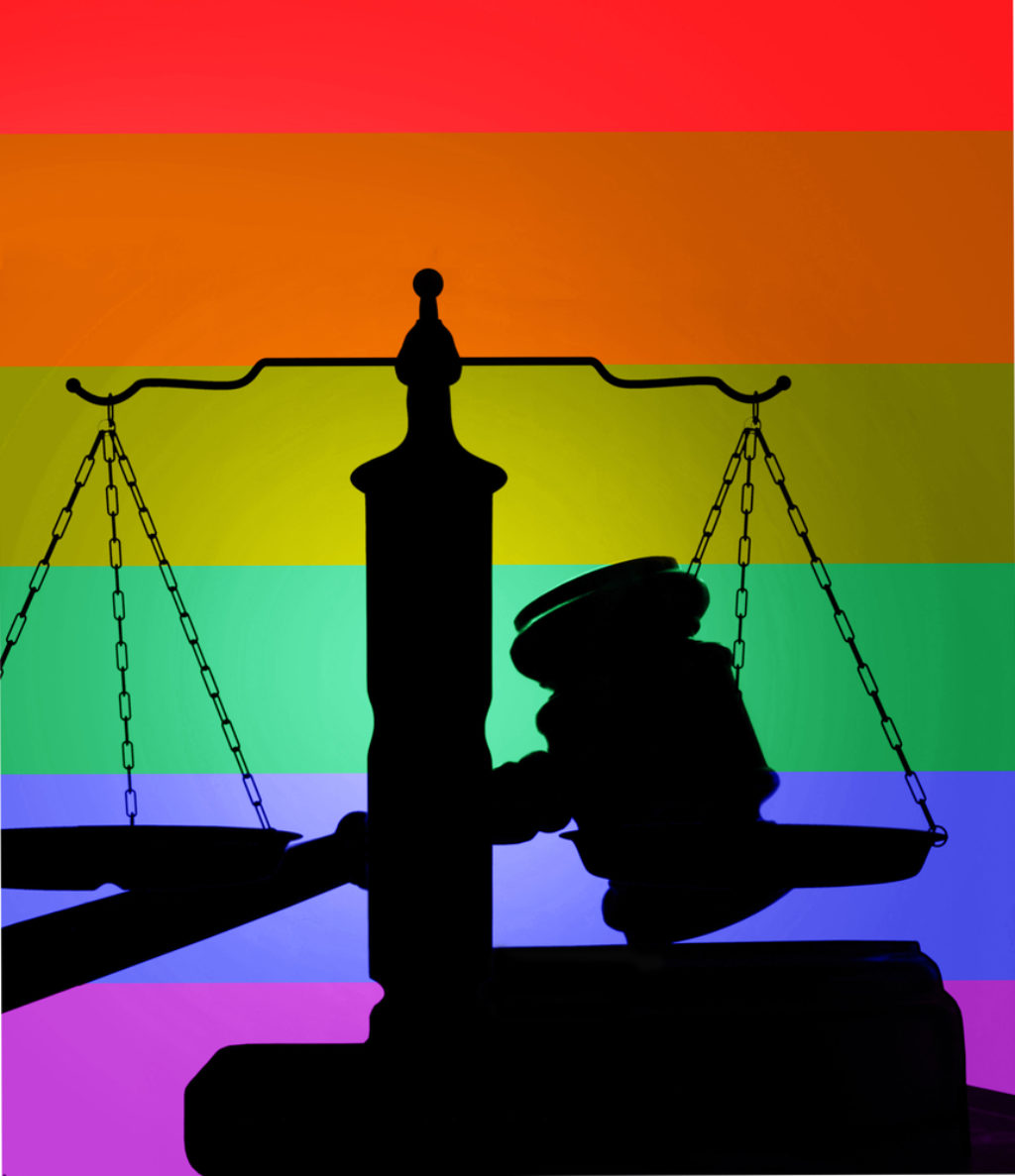As the U.S. Supreme Court continues to mull the arguments of a baker who on religious grounds refused to design a custom cake for a same-sex wedding, two cases elsewhere this week suggested that however the high court rules, religious exemptions will remain a front line in ongoing cultural clashes about sexual diversity.
Those who support equality for gay and lesbian couples should pay particularly close attention to these developments, since they come at a time when polls indicate that acceptance of LGBTQ people has undergone a slight decline. In January, GLAAD reported that after years of movement toward equality, “this year, the acceptance pendulum abruptly stopped and swung in the opposite direction.” Among the contributing factors, GLAAD hypothesized, could be President Donald Trump’s attempted ban on trans servicemembers, the nomination and confirmation of conservative Justice Neil Gorsuch, and attempts at the state and local levels to pass laws restricting the rights of LGBTQ citizens.
The first of this week’s cases seems eerily familiar. With a set of facts nearly identical to Masterpiece Cakeshop, the wedding-cake case that a sharply divided Supreme Court heard in December, Department of Fair Employment and Housing v. Cathy’s Creations, Inc., involves a baker who denied service to a same-sex couple. Two women asked Cathy Miller’s bakery in Bakersfield, California, to create a custom cake for their wedding reception. She declined, citing her Christian faith and opposition to same-sex marriage. There is this one substantial difference between the cases: unlike Jack Phillips, the baker in Masterpiece Cakeshop, Miller has arranged for another bakery to handle orders for same-sex wedding cakes that come her way, and in fact, she did refer the couple to her designated competitor.
Without waiting for the Supreme Court to weigh in on the broader issues at stake, California Superior Court Judge (and Arnold Schwarzenegger appointee) David R. Lampe ruled emphatically in favor of the baker. “The State cannot succeed on the facts presented as a matter of law,” he wrote. “The right to freedom of speech under the First Amendment outweighs the State’s interest in ensuring a freely accessible marketplace.”
Read the full story at Religion Dispatches


